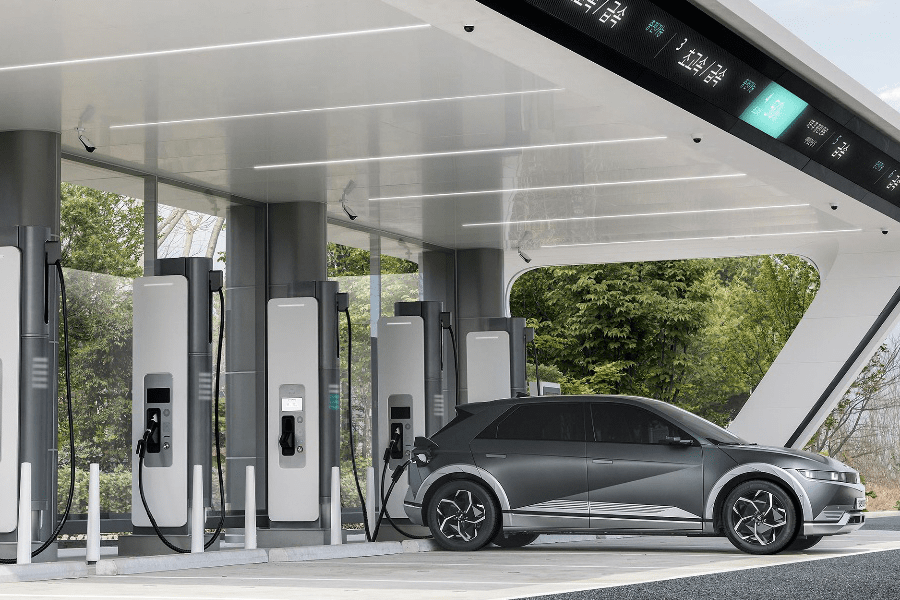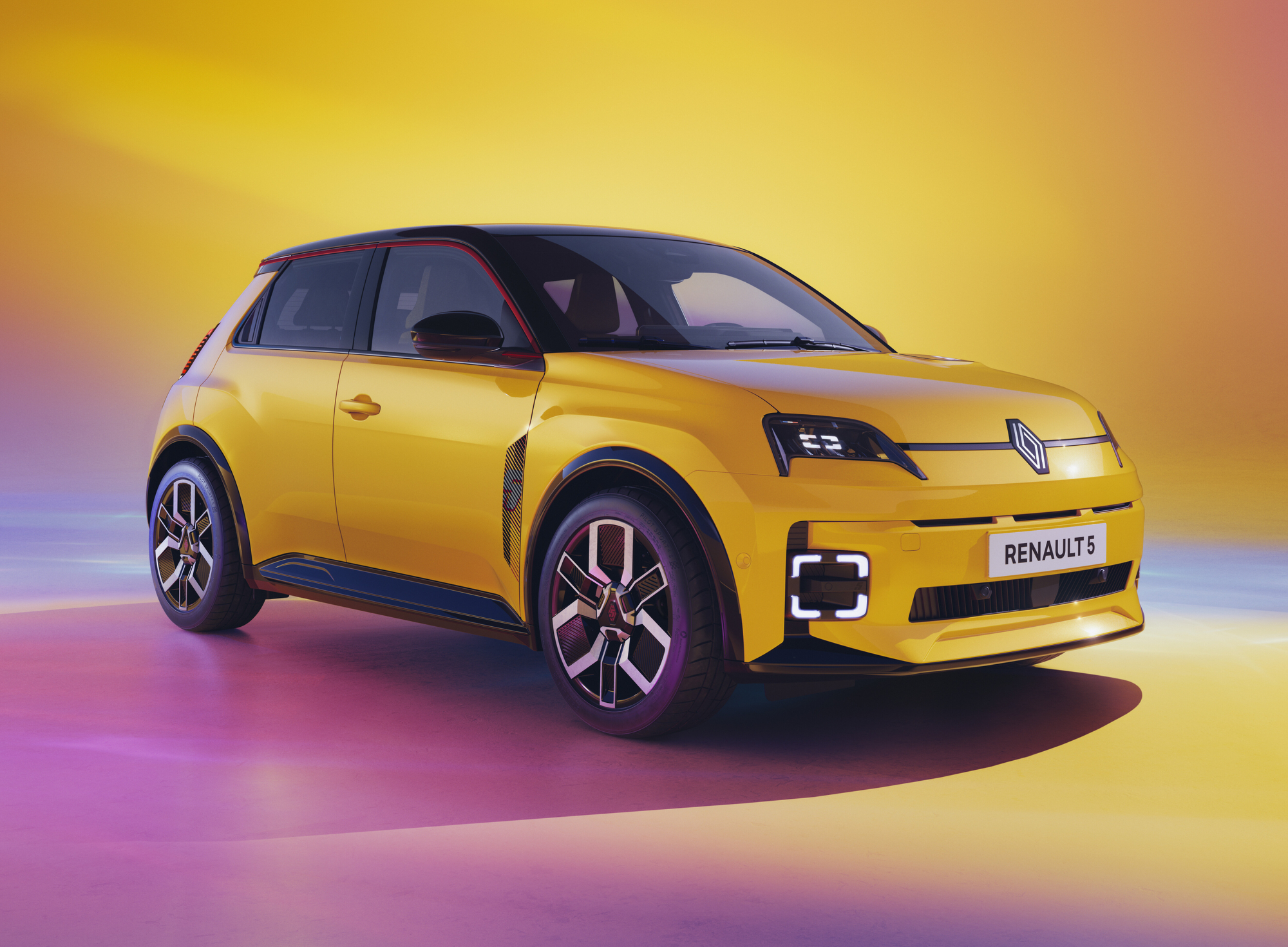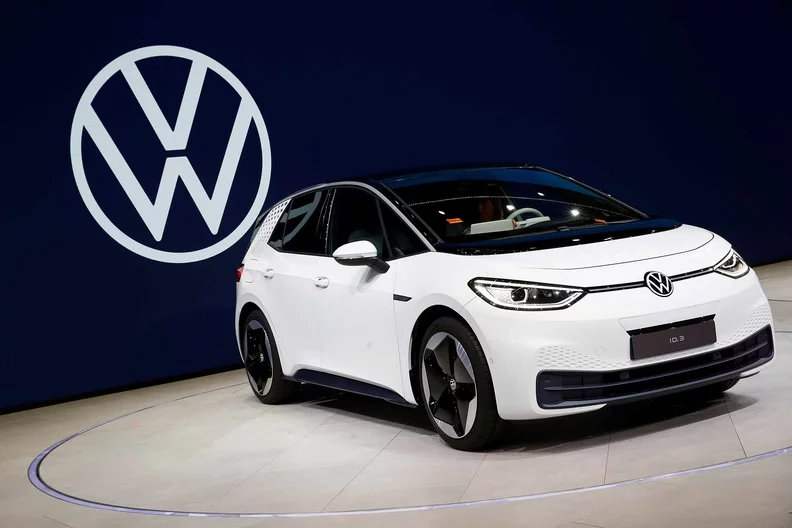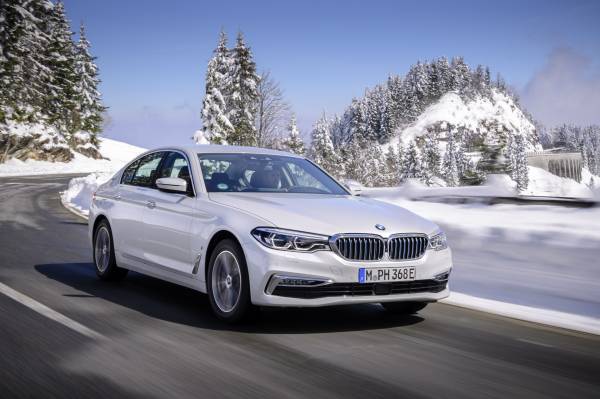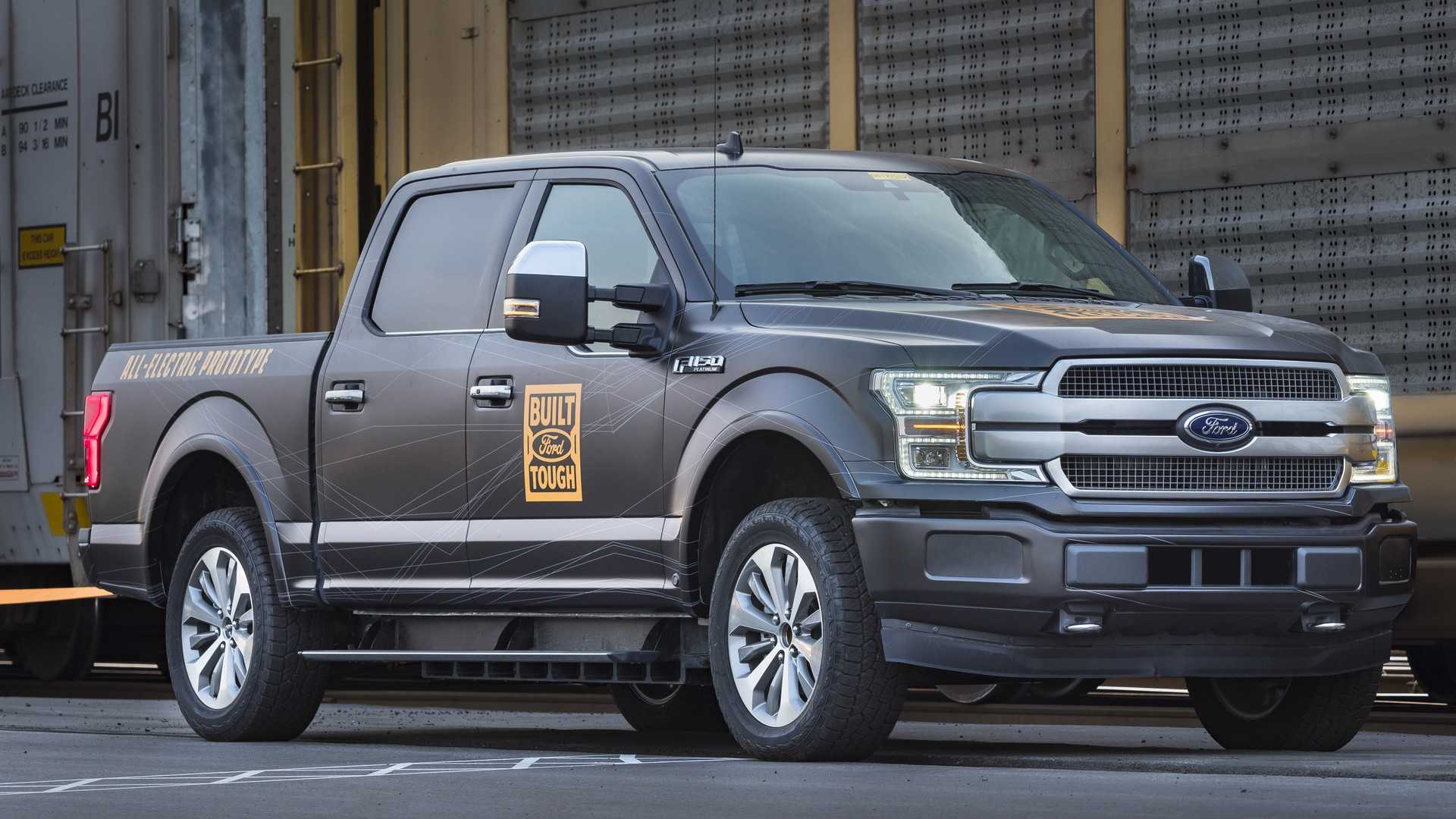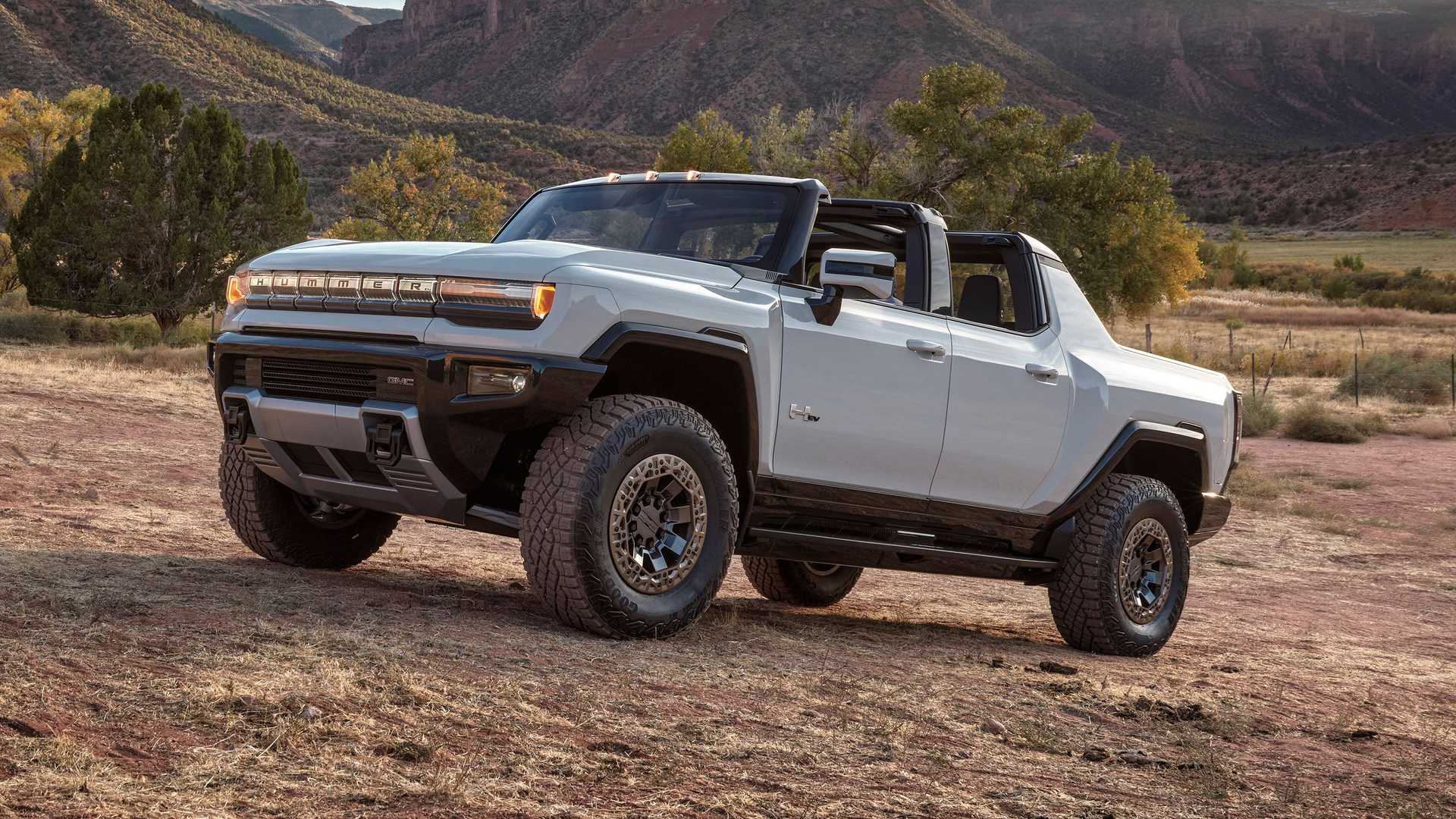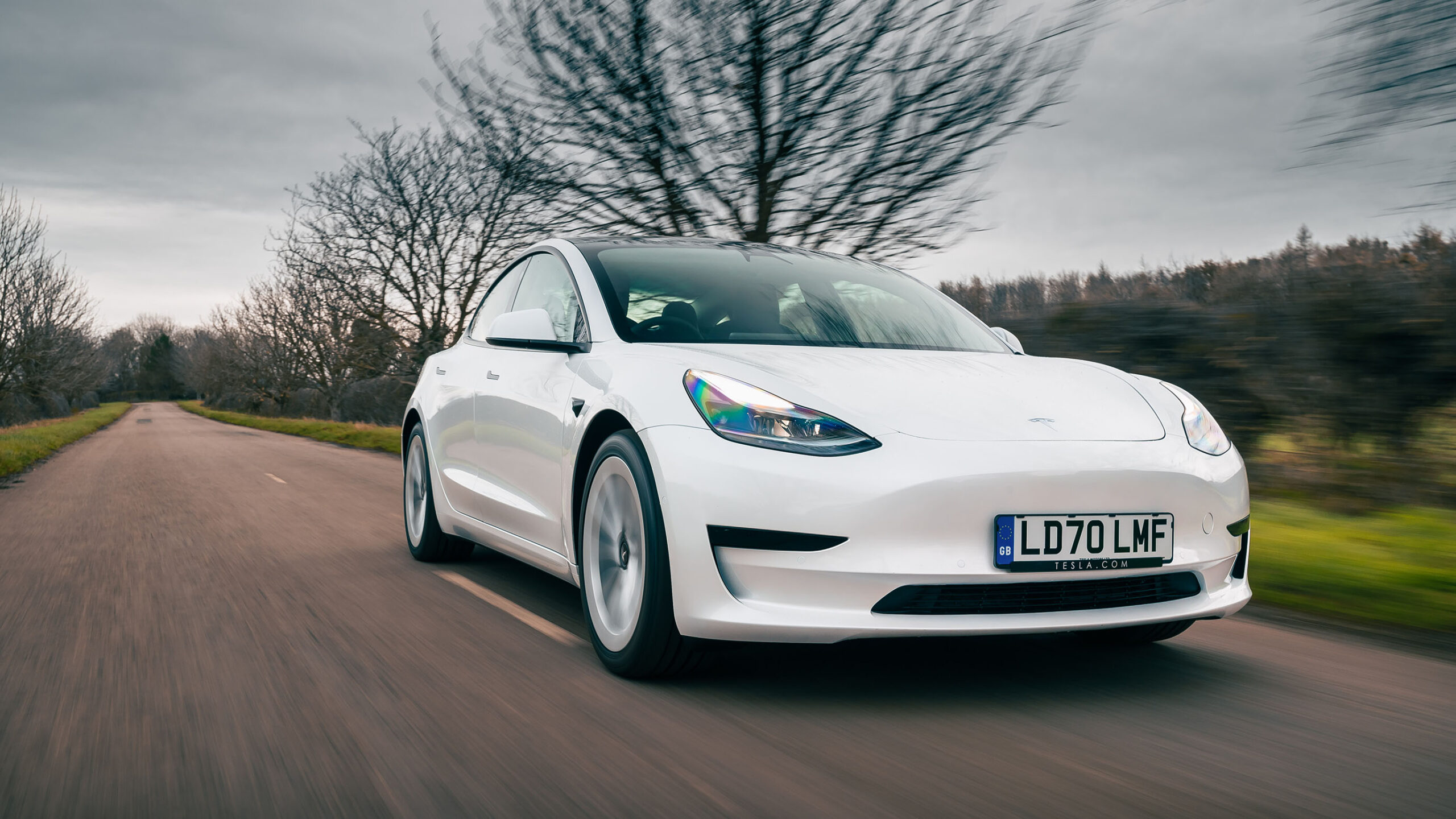U.S. sales of electric vehicles (EVs) and hybrids reached a new milestone in the third quarter of 2024, according to data from the U.S. Energy Information Administration (EIA). Combined sales of hybrid, plug-in hybrid electric vehicles (PHEVs), and battery electric vehicles (BEVs) now account for 19.6% of all new light-duty vehicle sales, marking an increase from 19.1% in the previous quarter.
The surge was largely driven by hybrid vehicles, which saw a record-high market share of 10.8%. However, BEV sales experienced a slight decline, with their share of the market dropping from 7.4% in Q2 to 7.0% in Q3. Despite this dip, BEVs continue to dominate the luxury vehicle segment, comprising 35.8% of luxury vehicle sales.
“The growing adoption of electrified vehicles is a key trend in the automotive market, and we are seeing continued shifts in consumer preferences,” said Joel Levin, executive director of Plug In America. “While BEVs remain popular in the luxury segment, more affordable options are entering the market, contributing to the broader growth of electrified vehicles.”
Among BEV manufacturers, Tesla maintained its position as the leader, although its market share fell below 50% for the second consecutive quarter, reaching 48.8%. Meanwhile, Ford’s share declined to 6.9%, while Chevrolet overtook Hyundai to take third place with a 5.8% share, driven by strong sales of the Equinox and Blazer models.
A growing percentage of BEVs sold in the U.S. are now produced domestically. In Q3, 78.9% of BEVs were made in North America, with the remainder coming from South Korea and Germany.
The Inflation Reduction Act’s clean vehicle tax credits, which encourage domestic manufacturing and sourcing, have played a significant role in shaping the market. While these incentives primarily apply to vehicles that meet strict domestic content requirements, leased EVs have more flexible criteria. This has given consumers additional options for leasing vehicles that might not meet the full purchase requirements.
Changes to the federal EV tax credit are expected in 2025, which may further impact consumer decisions. “We have no way of knowing what will happen under a new administration and new Congress,” said Levin, urging potential buyers to consider purchasing or leasing EVs before any changes take effect.
As the U.S. EV market continues to expand, the competition among manufacturers remains fierce, driven by shifting consumer preferences, government incentives, and a growing array of electrified vehicle options.

